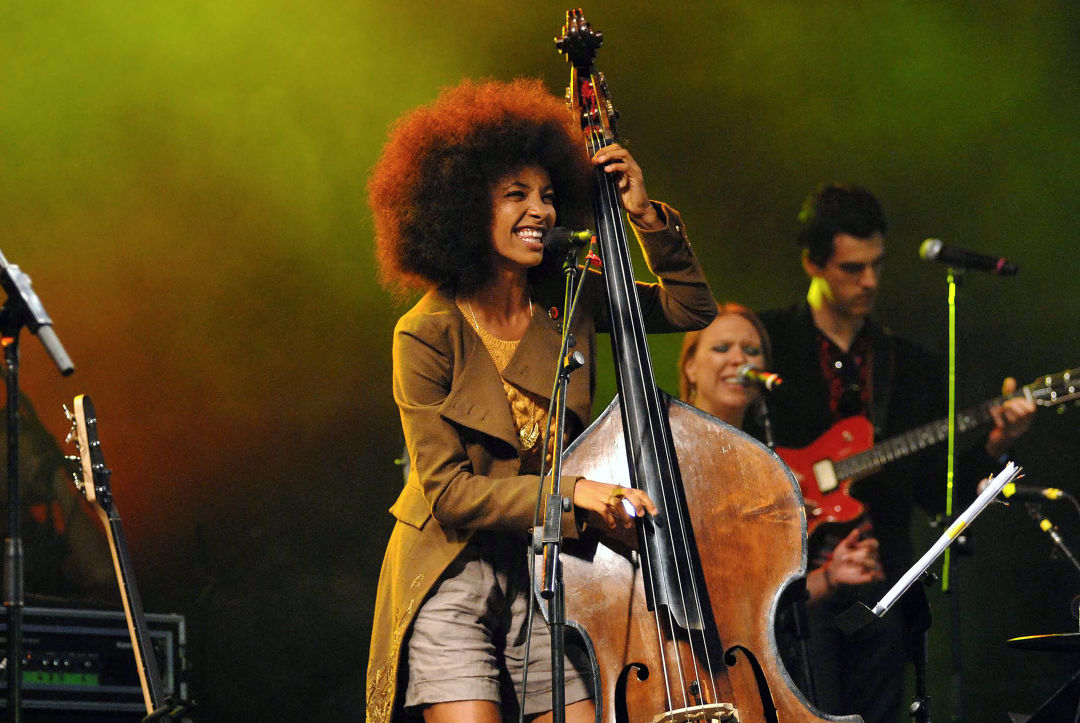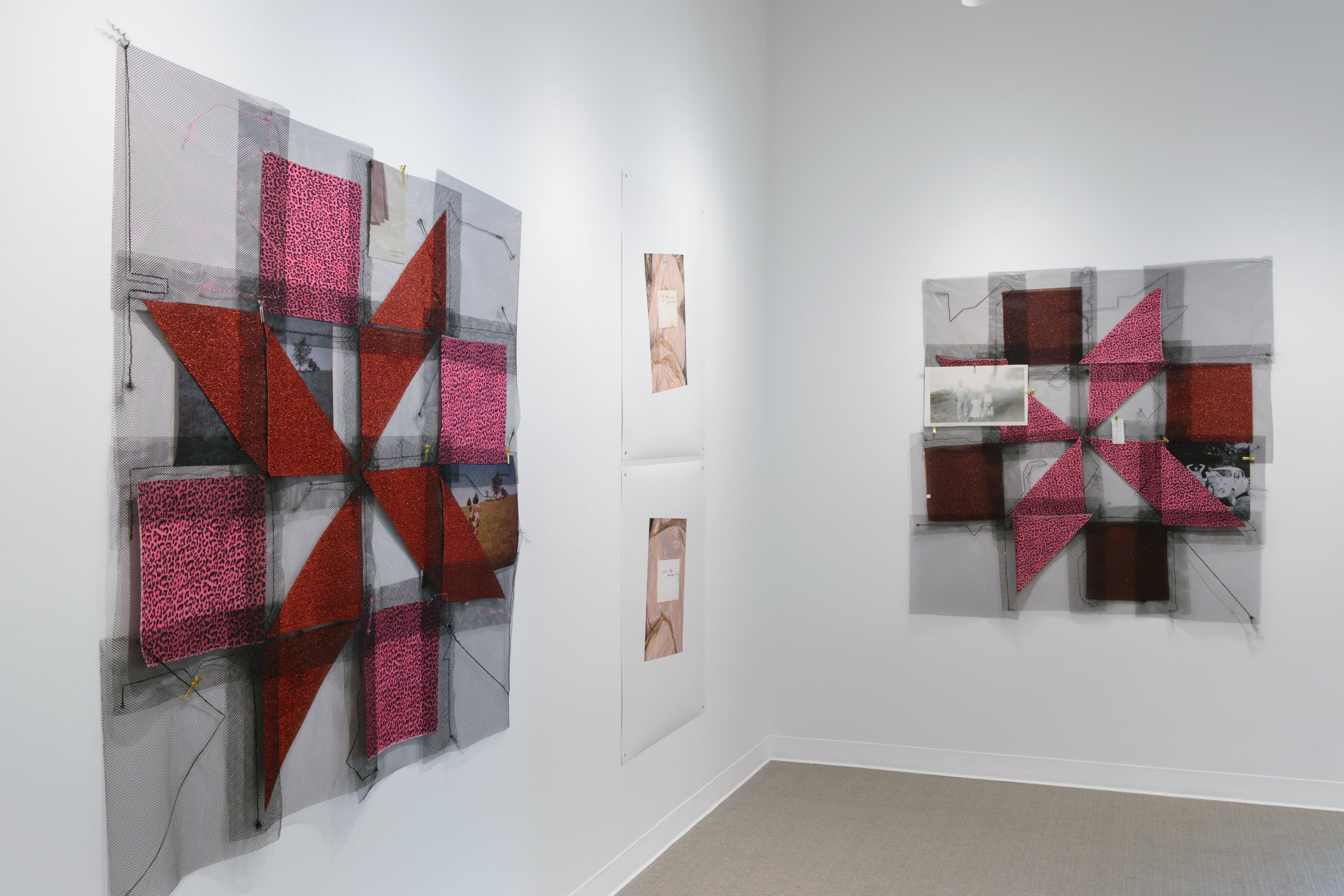Esperanza Spalding Is Building a BIPOC Artist Sanctuary in St. Johns

Image: A.PAES/Shutterstock
Some kids dream of becoming pirates, or pop stars, or Instagram influencers (feels like we’ve seen a steady decline in aspiring astronauts, no?). When Esperanza Spalding was a kid, she and her mother dreamt of running a boarding house.
“We had this idea of a place where people would come and stay, and we would garden, and you'd have a room, and you could just be off, and you'd be taken care of," Spalding says. Her mother used to work for Portland's community gardening project, and that experience combined with Spalding's own stints at various artist residencies helped sharpen her vision for a restorative, creative haven.
So in May, the Portland-born jazz musician—who memorably beat Florence and the Machine, Drake, Justin Bieber, and Mumford & Sons for the Best New Artist Grammy in 2011—announced that she's raising funds for a BIPOC artist sanctuary in North Portland. She's asking 300 donors to contribute $1,000 each by June 3 so she can purchase a 0.75 acre property in St. Johns; she'll put up $300,000 of her own money ("My life's savings," she says) to supplement.
Spalding has plenty to say about what the project will be, but she's also quick to point out what it's not: It's not quite the boarding house she dreamt of in her youth. It's not an all-purpose community center meant to cater to every creative community in Portland. It's not a traditional residency, underwritten by grants that require its artists to “put themselves on display,” as Spalding puts it. “This is about a space where you don’t have to contort, and you can just be in process,” she says. "It's really about, you can come by on Sunday at 3 o'clock, and there's no price. The exchange is that you go back into the world and you do this integral cultural work of just being a creator.... Retreat spaces always have this low-key [tit-for-tat], particularly for artists of color."
The ground floor of the property’s main building will house a tea bar and a gallery space, and the basement will contain a rehearsal space and a recording studio. A pair of freestanding studios will house artists for weeklong, low-pressure residencies, and a half-acre of the grounds will be cultivated by a local farmer. Beyond that, Spalding hopes that plans and uses for the space flower organically, once she starts spending time on the grounds and “activating” it early next spring.
The idea for the sanctuary got off the ground when COVID imposed a slowdown on Spalding’s touring schedule, and she decided to pilot the idea with a close group of friends in Eastern Oregon’s Wasco County last summer. “It was a combination of, ‘Oh my god, what am I doing?’ and ‘Okay, this is what I need to be doing,’” she says of the experience. Several of those friends—Sávila’s Fabi Reyna, Vaughn Kimmons of Brown Calculus, Malcolm Hoover from Black Futures Farm, and Open Signal’s RaSahaunda Brooks—formed what Spalding calls her “advisory council,” and they’re helping mold her vision for the space as it comes together.
Since she launched the GoFundMe, Spalding says the $1,000 price tag has rubbed some people the wrong way. "People are like, 'Well what if I only have $50? Why don't you want my $50?'" she says. "[But] I know that there are people in this world, in this town, for whom $1,000 is nothing. $1,000 is like, 'Oh, I spent that taking my friends to dinner last weekend.' So I'm really asking for those with disposable income to dispose of some of it here so we can build the sanctuary." She's explicitly avoided asking for money from foundations or other community funds, hoping instead to "activate a certain income bracket that wouldn't have to stretch very much to help make this happen."
Her hope, Spalding says, is that the opening of this space sets off a sort of chain reaction around Portland. "It can't just be this one sanctuary," she says. "I hope this model is a prototype, and then other artists can build according to their affinity group, according to their community's needs.... When we don't have spaces like this, we show up to the spaces that exist, and we demand that it meet all of our needs. And that's not possible, for one space to meet all the needs of a city as diverse as Portland, with as diverse a community of creators."




